The definition of “trash” is evolving in today’s world as an increasing number of items that were previously thought to be for disposal are now understood to have hidden worth. One excellent illustration of this change is the recycling of precious metals, which transforms what would otherwise be seen as garbage into useful resources. This article examines the economics of recycling precious metals, emphasising the value of this practice and its advantages for the economy and environment.
1. Recognising the Value of Precious Metals
Because of their inherent worth, durability, and scarcity, precious metals like gold, silver, platinum, and palladium have long been sought. These metals are essential to contemporary culture since they are used in many different industries, such as electronics, automotive, jewellery, and manufacturing. Because of their limited availability and strong demand, precious metals have a substantial market value.
2. The Recycling Process for Precious Metals
The gathering of scrap items containing these priceless metals is the first step in the recycling process for precious metals. Catalytic converters, jewellery, outdated electronics, and industrial trash fall under this category. After being gathered, the scrap materials are purified, treated, and sifted to remove any valuable metals. Cutting-edge machinery and technologies are employed to guarantee the highest recovery rates and purity levels.
3. Financial Gains
Recycling precious metals has a number of financial advantages. First of all, it gives recyclers—those who purchase, prepare, and market recycled metals—a means of making money. Considering the high market prices for gold, silver, platinum, and palladium, these metals can have significant worth. Recycling also lessens the need for fresh mining, which may be expensive and harmful to the environment.
4. Economic Expansion and the Creation of Jobs
Additionally, the recycling of precious metals boosts employment and the economy. Throughout the recycling process, many jobs are created at different phases, from collecting and sorting to processing and refining. In addition, the industry’s earnings boost local economies and help sustain firms. In this ecosystem, precious metal recyclers are essential because they serve as a middleman between buyers and sellers of reclaimed metals.
5. Environmental Advantages
Recycling precious metals has major environmental and financial benefits. Metal recycling lessens the demand for new mining, which can be harmful to ecosystems and unspoiled areas. In addition, it lowers greenhouse gas emissions linked to the manufacturing of metals and conserves energy. Recycling lessens pollution and eases the burden on waste management systems by diverting items from landfills.
6. Price Trends and Market Dynamics
Market dynamics and price changes impact the economics of recycling precious metals. Precious metal prices fluctuate in response to several causes, including supply and demand, economic circumstances, and geopolitical events. Recyclers need to be aware of these patterns to make well-informed choices about when to purchase, sell, or hold onto their stock.
Conclusion
Recycling precious metals is advantageous for the environment and profitable as well. Precious metal recyclers are essential in preserving resources, cutting waste, and promoting economic expansion since they can transform garbage into treasure. Recycling these priceless resources will only become more crucial as the demand for precious metals rises. For years to come, we can continue to benefit economically and environmentally from recycling precious metals if we work together, invest in innovation, and work together.

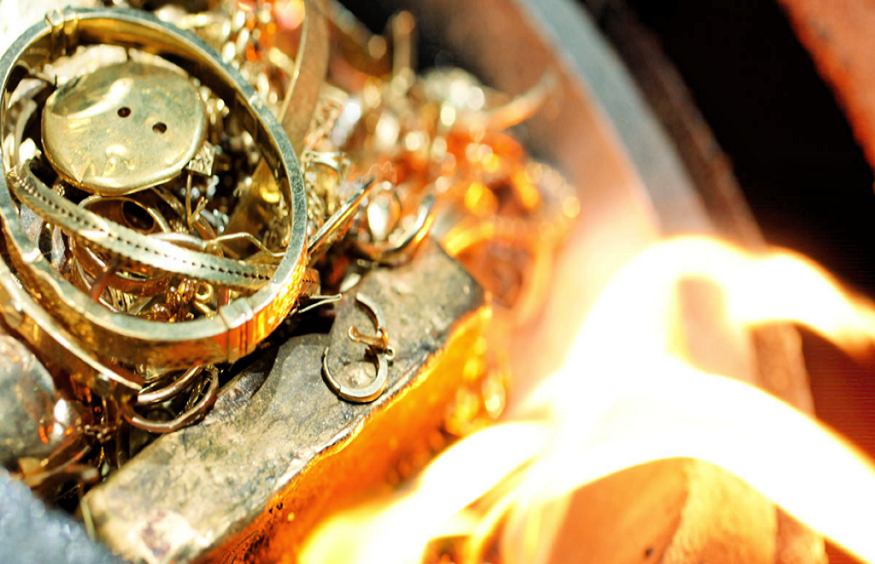


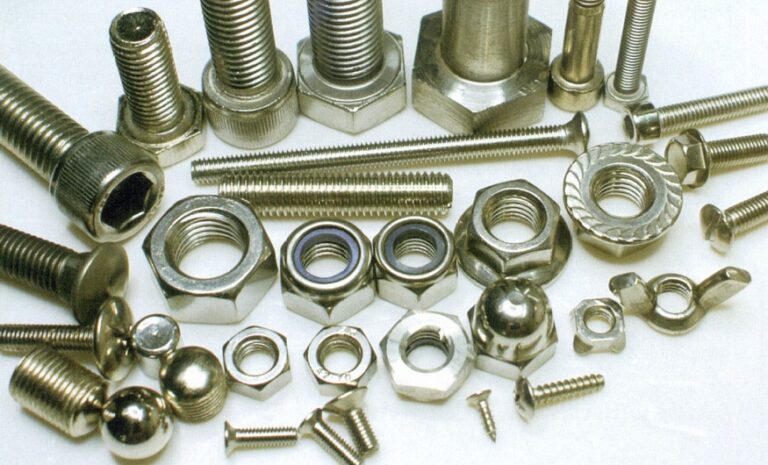


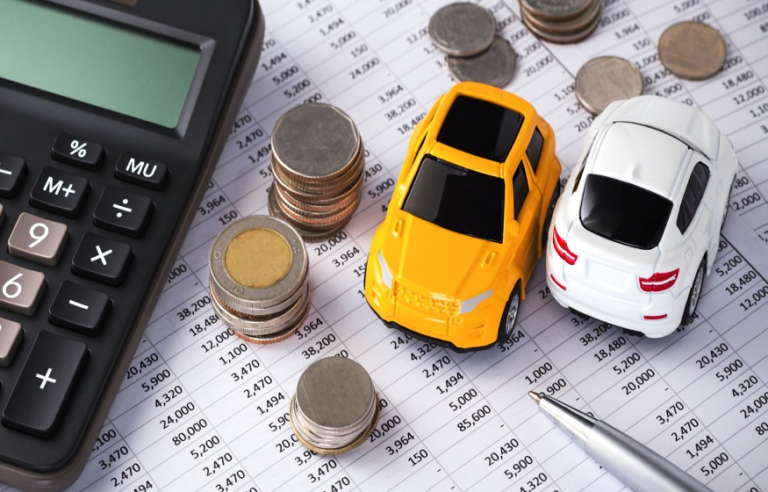
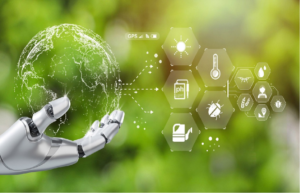
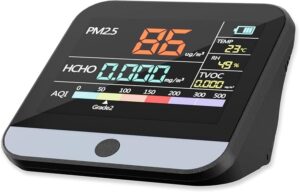





+ There are no comments
Add yours